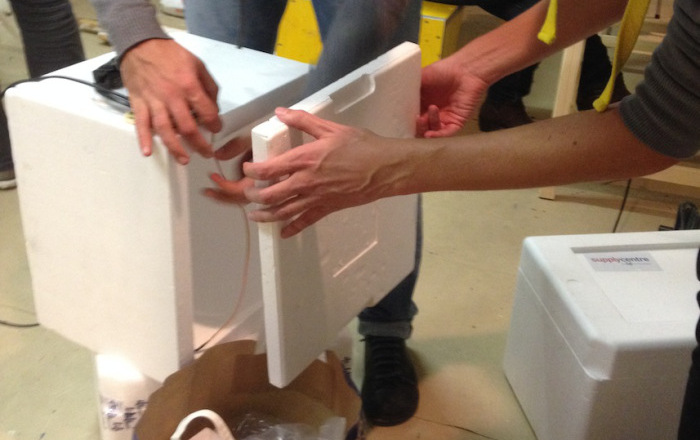
The reason is because you kill all good and all bad microbes. You need to Pasteurize though, do not sterilize. Once you pour the dishes let it cool as this instruction says.

This would be a ph balanced substrate and it would be loaded with a blend of complex polysaccharides, omega-3, the immunological benefits of the bees pollen. Also this is a recipe for growing mushrooms. add 5% gypsum and 5% activated charcoal by your measurement. This all gets mixed into the agar mixture and it must be Prepared before you begin the agar. I have heard from several growers to prepare this with brewers yeast, bees pollen, and shaved coconut.

In actuality, antibiotic sensitivity testing is typically performed on media specially formulated for that purpose. It can also be used as a means for producing the bacterial lawns needed for antibiotic sensitivity tests. It is frequently used for isolation and purification of cultures.Ģ. Suspend 28 g of nutrient agar powder in 1 litre of distilled water.Ģ. Heat this mixture while stirring to fully dissolve all components.ģ. Autoclave the dissolved mixture at 121 degrees Celsius for 15 minutes.Ĥ. Once the nutrient agar has been autoclaved, allow it to cool but not solidify.ĥ. Pour nutrient agar into each plate and leave plates on the sterile surface until the agar has solidified.Ħ. Replace the lid of each Petri dish and store the plates in a refrigerator. pH is adjusted to neutral (7.4) at 25 ☌.ġ.Water is essential for the growth of and reproduction of micro-organisms and also provides the medium through which various nutrients can be transported. The presence of sodium chloride in nutrient agar maintains a salt concentration in the medium that is similar to the cytoplasm of the microorganisms. It is the water-soluble substances which aid in bacterial growth, such as vitamins, carbohydrates, organic nitrogen compounds and salts.

Peptone is the principal source of organic nitrogen for the growing bacteria. It is an enzymatic digest of animal protein. Nutrient Agar is a general purpose, nutrient medium used for the cultivation of microbes supporting growth of a wide range of non-fastidious organisms. Nutrient agar is popular because it can grow a variety of types of bacteria and fungi, and contains many nutrients needed for the bacterial growth.


 0 kommentar(er)
0 kommentar(er)
